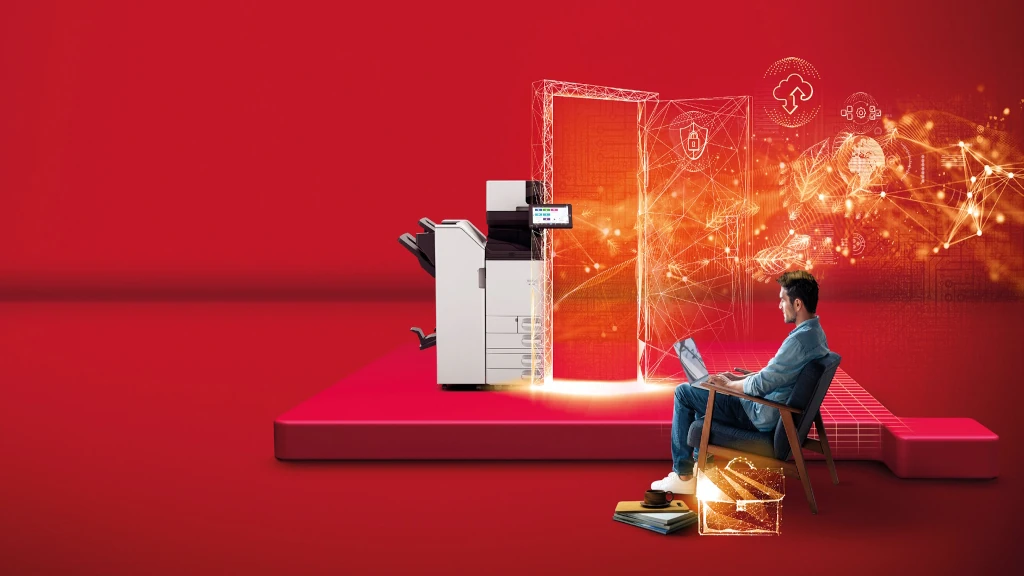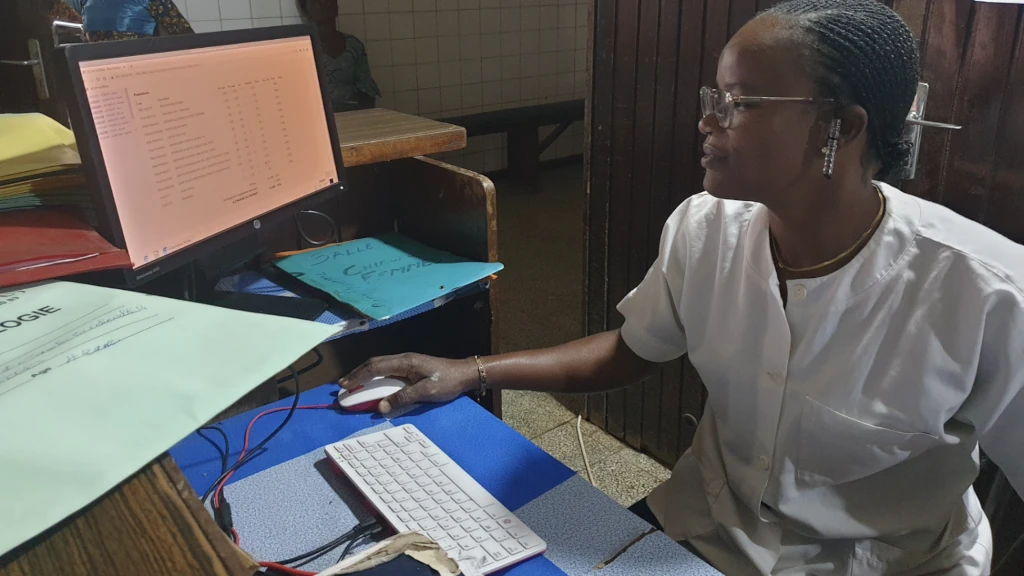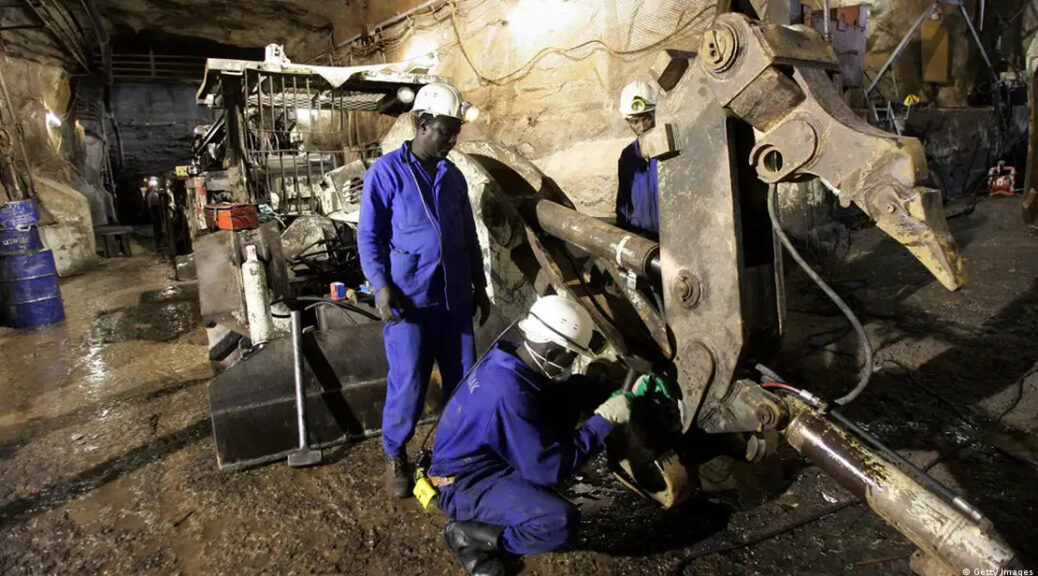The first day back after the Christmas holiday can be a Godzilla of the Sunday Scaries for some, but ours was made much more pleasant by the discovery of another update from Togo, courtesy of local philanthropist and longtime friend of Raspberry Pi Dominique Laloux. Read on to learn how Raspberry Pi 400 is helping to transform essential record-keeping at Bethesda Hospital in Togo, West Africa.
A small Ubuntu server has been in place at Bethesda Hospital since March, speeding up the essential record-keeping previously done by much slower and less secure means. Patient demographic data, medical procedure records, pharmacy sales, and other essential information are securely stored on the system and accessed around the hospital on Raspberry Pi desktop units. Another module is currently in development to record more sensitive medical data, such as logging symptoms, treatment plans, lab reports and official diagnoses. A third module is also being considered so that all pharmacy purchases no longer need to be processed by the ageing inventory software currently in use. A replacement fleet of Raspberry Pi 400 units has been trickling through the hospital for several months now, churning through the work done by much older, bulkier hardware. The Raspberry Pis are working alongside some remaining older laptops and PC towers, but the Ubuntu server has updated and streamlined everything across the hospital.
Cross-departmental change
Departments across Bethesda Hospital have already switched to the new system, with many now working solely on Raspberry Pi hardware, including the intensive care unit, maternity ward, anaesthetists, dentistry, and accounting. Next in line for an upgrade are the radiology and ophthalmology units – and once they’re equipped, pretty much the entire hospital will be covered.
Hard-working thin clients
We were very happy to hear that the Raspberry Pi 400s are so far behaving perfectly as thin clients in Dominique’s setup, despite the heat and humidity during the rainy season. There was an issue of frequent power outages causing recurrent SD card corruption, but that was resolved by switching to write-protected cards running Raspberry Pi OS, which saw the Pi 400 units restart without complaint after power cuts.
Going paperless in 2024
Despite many hurdles, mainly related to very tight budgets and limited user computer-related skills, Dominique feels the project has reached “a point of no-return”, with hospital staff accepting the clear benefits of a centralised record-keeping system. The goal for 2024 is to gradually discard the current paper-based records once user confidence in the online system is cemented. The progress made so far is all the more impressive when you learn that most employees at Bethesda have never used a keyboard until this new system was implemented. While they all use smartphones, computers have not featured in their lives at all until now.
An impossible task?
Bethesda Hospital was built by a German mission in 1969 and has been a referral hospital in Togo for many years. It tries to make medical care attainable at the lowest possible cost for local families on very limited incomes, but a history of financial difficulty has made this mission increasingly difficult. Dominique was approached by hospital director Dr. Sowu with a seemingly impossible task: provide potential commercial partners, in Togo and abroad, a clear view of hospital activity and finances, but without spending a penny and with the knowledge that hospital staff had no previous IT experience. We’re just glad to see Dominique’s decision to include our affordable hardware in the scheme is going well and hope to hear that the goals for 2024 have been reached by the next time we sit down in front of a New-Year’s inbox.
Source: Raspberry Pi Foundation, January 2024






 afric-Invest
afric-Invest
















